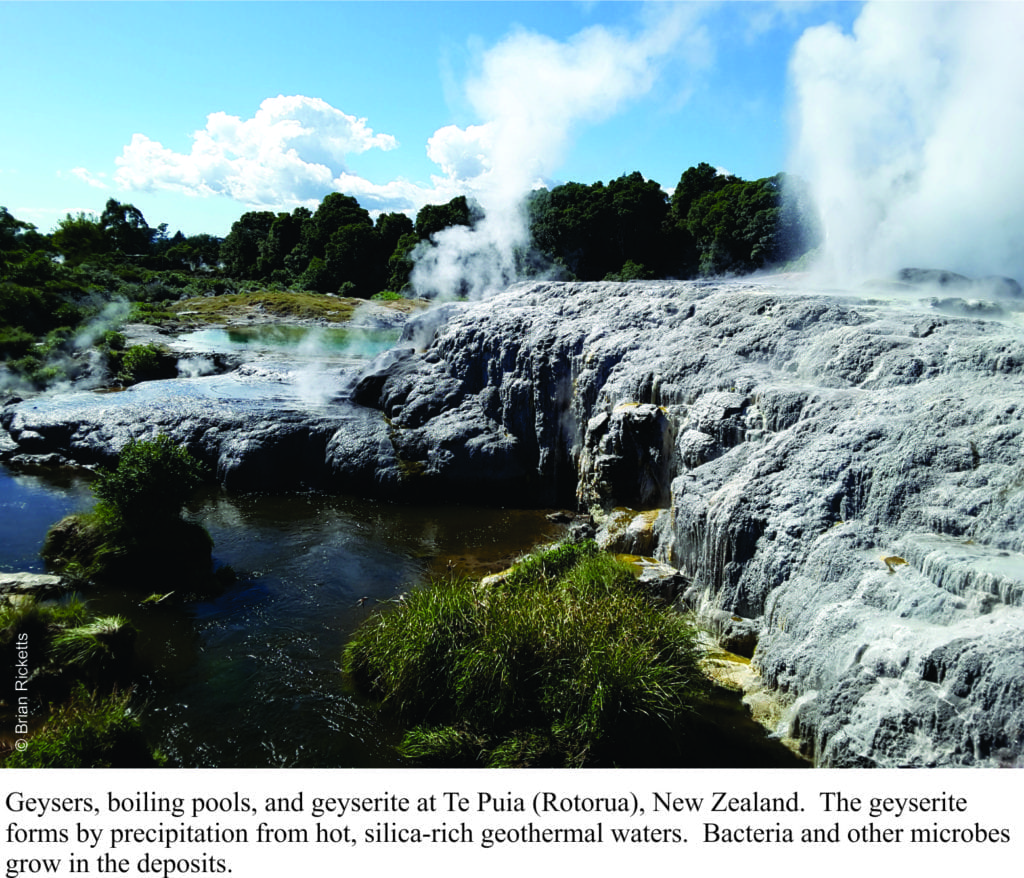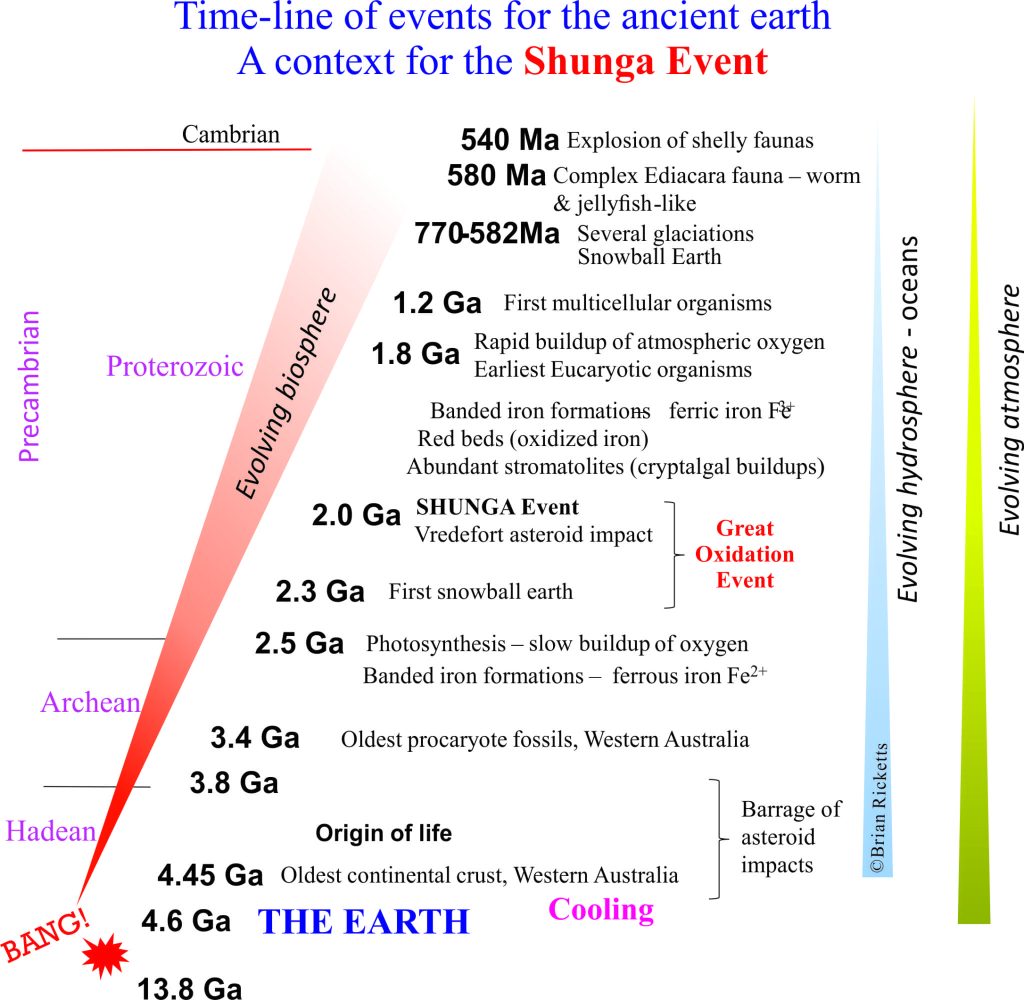Extremophiles – life forms that live in really hazardous conditions.
Extreme events are fascinating. Extreme sports may give us a vicarious thrill, at least until something goes awry at which point we might comment about the foolishness of the act. Extremes in the natural world are the stuff of movies; asteroids, tsunamis, tornadoes, plagues. Perhaps our morbid fascination with such events derives from the realization that they can be real.
Over the last 2-3 decades, science too has developed a fascination for extreme living, for creatures that happily thrive in conditions that most other life forms, including us, would find inclement. They are extremophiles, life forms like bacteria, algae and small critters that can endure extremes of temperature, pressure (e.g. deep sea black smokers), radioactivity, darkness, low levels of oxygen, high acidity or alkalinity, and even lack of water. The variety of extreme environments in which these life forms have evolved is, from a scientific perspective, quite stunning in that it provides us with many different analogues for our quest to understand the origin of life on earth, and whether life can exist on other planets. A few examples are noted below. Continue reading


